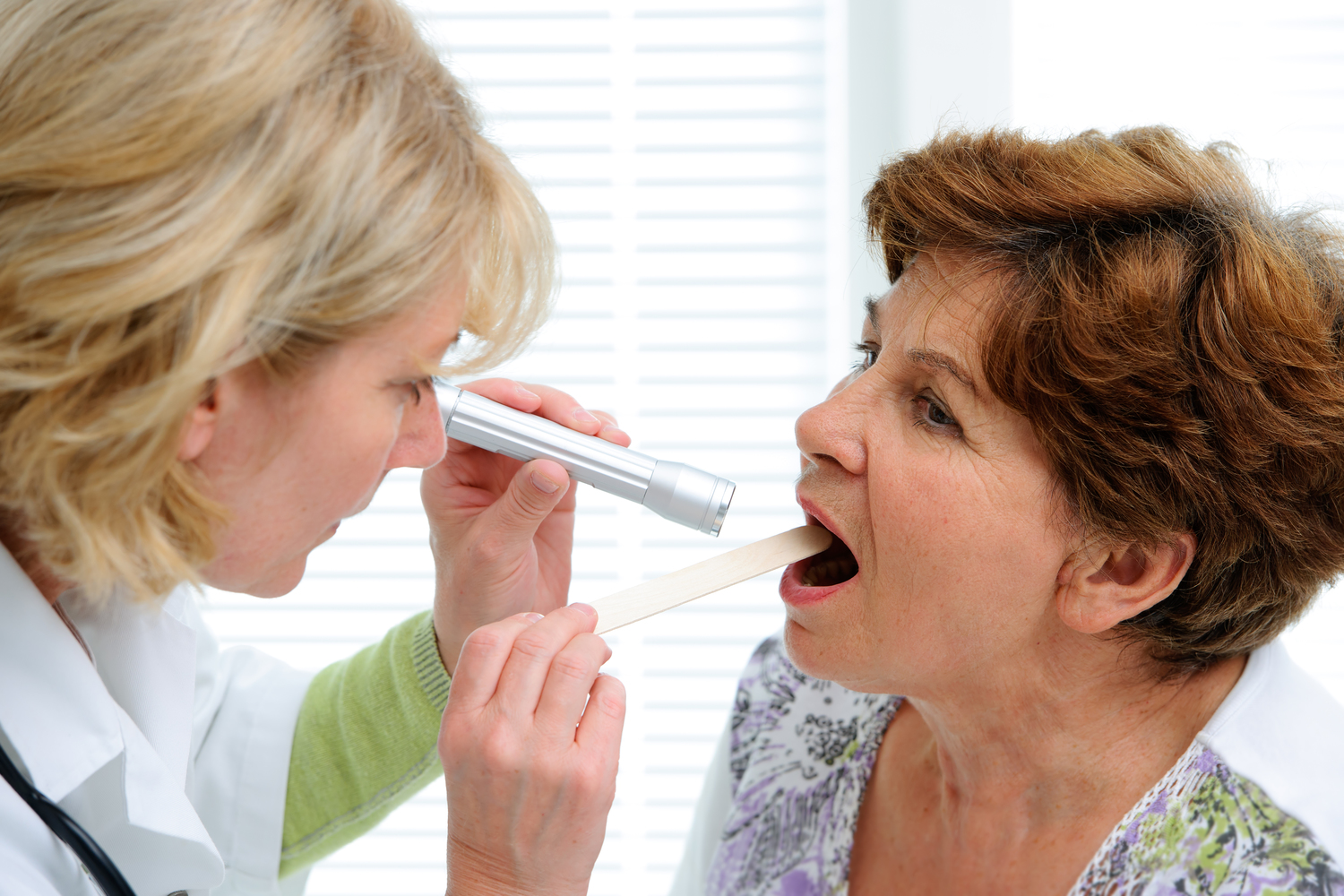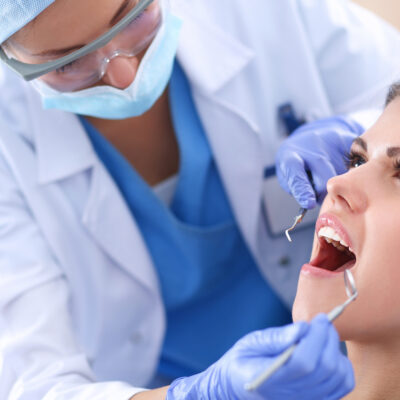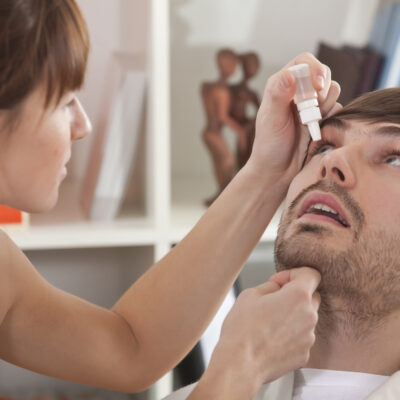
6 causes for bad breath you should be aware of
Bad breath, also called halitosis, is an exasperating condition. It meddles with the confidence of a person, causing anxiety. While various products in the stores ranging from mouthwashes to mints promise to fight bad breath, they seldom address the underlying cause, providing only temporary benefits. To address the issue in depth, it is important to understand the root cause.
Some of the causes of bad breath are:
- Food
The food broken down in your mouth could get stuck in your teeth, resulting in a bad odor. This is due to the build of the bacteria. In some cases, the bacteria along with acids erode the enamel of the teeth, leading to cavities. This is another reason for odor. Foods like garlic, onion, and spices could increase the odor considerably. After digestion, the contents of such food particles get into your bloodstream and are carried to your lungs, causing bad breath. - Poor oral hygiene
Poor oral hygiene is one of the major causes of bad breath. If you do not brush your teeth and floss regularly, food particles that are stuck in your teeth cause bad breath. It forms a thin layer on the teeth called plaque, which further adds to bad breath. It also causes issues like periodontitis. Not only do your teeth and gums require cleaning, but your tongue also needs to be cleaned on a regular basis to avoid bacterial build-up. If you use dentures or have braces, make sure you clean them thoroughly to keep bad breath at bay. - Tobacco
Chewing tobacco and smoking not only cause bad breath but also impact your overall health. While oral tobacco consumption causes gum diseases and cancer, smoking wrecks havoc in your lungs, and causes various other diseases. - Medications
Certain medications like antidepressants, antipsychotics, antihistamines, and drugs for Alzheimer’s and Parkinson’s diseases could induce halitosis. They cause bad breath by dehydrating your mouth, leading to excess bacterial buildup. Some drugs also cause bad breath after they are broken down by the body and release chemicals that are carried by breath. - Dry mouth
Saliva plays an important role. It not only helps in the primary digestion of food but also in the cleansing of your mouth. It removes the food particles and bacteria that cause odor, keeping away bad breath. But sometimes, a condition could xerostomia, commonly called dry mouth, arises which could decrease the production of saliva. This increases the bacterial buildup, leading to bad breath. - Infections in the mouth
Bad breath can be caused after a visit to the dentist for oral surgery, like tooth extraction. It could also happen due to mouth ulcers, gum disease, cavities, and mouth sores. In some cases, issues related to tonsils, sinuses, nose, or throat could also induce bad breath. Therefore, it is best to check with an ENT specialist if your bad breath continues even after you have visited a dentist.


